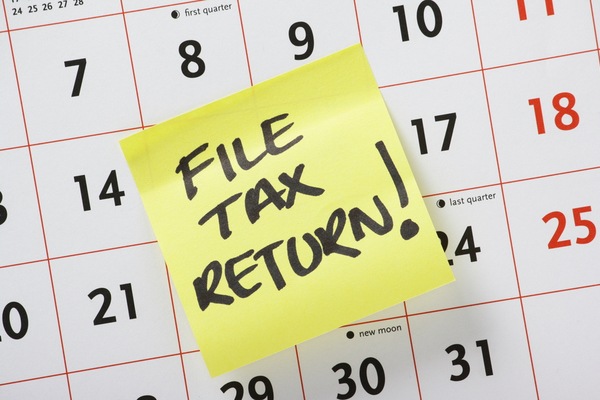COVID-19 has had a monumental impact on many businesses. For some, business has never been better. For others, times have never been worse. No matter which side of the fence you sit on, it is important to be reviewing your year-end tax strategies and compliance issues in light of COVID-19.

In doing this, I suggest you give attention to the following information and timelines:
Cash flow boost
The amounts you have received or been credited are not assessable income to your business.
JobKeeper Subsidy
JobKeeper payments are assessable income when received. It is most likely you will have received JobKeeper subsidies for April and May by 30 June. Wages paid to your employees are deductible as normal. This includes top-ups to the minimum $1,500 per fortnight.
Instant Asset Write-Off
From 12 March 2020, for businesses with a group-wide turnover of below $500m, the cost of a depreciating asset below $150,000 (excluding GST credits) will be fully deductible. To be deductible in the current year, the depreciating asset must be available and first used, or installed ready for use, by 30 June 2020. The instant asset write-off applies to new or second-hand depreciating assets.
| Instant Asset Write-Off – 2019/2020 | ||
| Date | Threshold – Asset Cost | Threshold – Turnover |
| 01/07/2019 – 11/03/2020 | $30,000 | $50 million |
| 12/03/2020 – 30/06/2020 | $150,000 | $500 million |
The government has recently announced that the Instant Asset write-off will be extended until 31 December 2020 (previously 30 June 2020).
Accelerated Depreciation
Accelerated Depreciation will apply to new depreciable assets costing $150,000 or more that have been purchased from 12 March 2020 up to 31 December 2020. The group-wide turnover must be below $500m.
The first 50% of the cost is deductible in the financial year the depreciating asset is first used, or first installed ready for use. The remaining 50% is depreciated as usual (as if it were a stand-alone cost of the asset).
Accelerated depreciation will also apply to new depreciable assets costing $1,000 or more and purchased between 1 January 2021 to 30 June 2021.
Bad Debts
Any outstanding debts should be reviewed prior to 30 June 2020 to determine collectability of the outstanding amounts. Careful consideration should be given to any debtors that may have been impacted by COVID-19 and who are struggling to pay their debts. If the debt is considered irrecoverable, the debt can be considered a bad debt and a tax deduction can be claimed. Documentation should be maintained to evidence that the debt is not recoverable.
Trading Stock
The value of trading stock impacts the amount to be included in assessable income. For taxation purposes, trading stock can be valued as the lowest value when considering cost, market selling value and replacement value. The valuation options can be applied on an item-by-item basis. Depending on the impact COVID-19 has had on your business, there may be the opportunity to utilise the trading stock valuation to maximise your tax benefits.
Plant and Equipment
Your plant and equipment should be reviewed to determine if any items are obsolete. Any obsolete plant and equipment should be written off and a deduction claimed.
Superannuation
Ensure superannuation guarantee contributions are paid by 30 June to be eligible to claim a deduction in the current tax year.
Currently, there is a superannuation guarantee amnesty for unpaid employee superannuation. Take advantage of this if it is relevant to your business. Any unpaid employee superannuation from 1 July 1992 to 31 March 2018 will be deductible if it is paid by 7 September 2020.
Working from home – running expenses
As a result of COVID-19, many people have been working from home for an extended period. In response to this, the ATO has allowed a simplified method for calculating your allowable deduction arising from working from home. The ATO will allow you to claim a deduction of 80 cents for each hour you work from home (as long as you are working from home to fulfil your employment duties) for the period 1 March to 30 June 2020 only.
There are two other alternative methods for calculating your working from home expenses. These need to be considered in consultation with your tax advisor.
COVID-19 Recovery
COVID-19 has had an effect on all of us, and may even be a sign of long-term changes in the way business operates. Already it has changed many aspects of business and business strategies. This includes tax strategies. Strategies used in the past may not be relevant in the current times and we all need to be conscious of this. Just one upside of this current economic state is that – depending on your business – there are many new opportunities to pursue.
As our economy starts to recover from COVID-19, and with the end of the financial year not being far away, we strongly recommend that you speak to your trusted Accru advisor to discuss your general business and tax strategies, and the opportunities that may be available to you.
